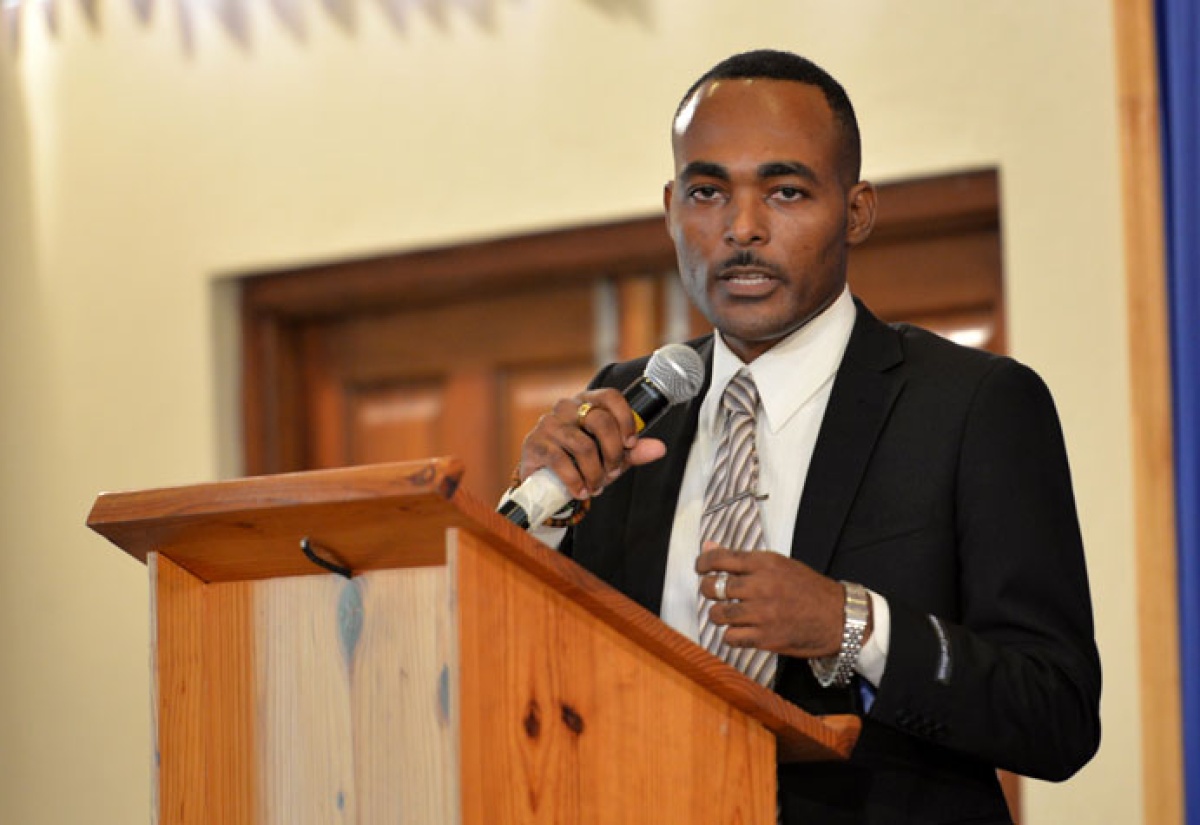Every School To Have Literacy Coordinator
By: , September 15, 2015The Key Point:
The Facts
- National Literacy Coordinator, Dr. Andre Hill, in an interview with JIS News, said these teachers will be known as school-based literacy coordinators.
- This is one of several additional strategies being implemented this academic year through the Comprehensive Literacy Programme, in a bid to maintain successful results in literacy, with the country having surpassed the 2015 target of 85 per cent mastery at the grade four level.
The Full Story
The Ministry of Education will be working with school administrators over the next few months to ensure that each institution is equipped with a teacher, who has responsibility for literacy.
National Literacy Coordinator, Dr. Andre Hill, in an interview with JIS News, said these teachers will be known as school-based literacy coordinators.
“The goal is for schools to have this individual in place so that in the absence of reading specialists from the Ministry, the schools will not be left hanging or not know what to do whenever issues around literacy development among the students come to the fore,” he said.
This is one of several additional strategies being implemented this academic year through the Comprehensive Literacy Programme, in a bid to maintain successful results in literacy, with the country having surpassed the 2015 target of 85 per cent mastery at the grade four level.
The Comprehensive Literacy programme was implemented in 2010 under the Education System Transformation Programme (ESTP) for the improvement of student performance in literacy and language arts, particularly at the primary level, and to achieve the 2015 literacy target recommended by the Education Taskforce in 2004.
Dr. Hill said the Ministry, through its Core Curriculum Unit, is also in the process of re-establishing Curriculum Implementation Teams (CITs) in both primary and secondary schools.
The CITs have responsibility for ensuring that the curriculum is being delivered to the students in the most effective way.
Dr. Hill explained that the committee will comprise teachers or members of the community, who have certain skill sets and expertise in key areas of the curriculum, but are not involved in the particular schools.
He also noted that the Ministry will continue to target parents in order to help them develop skills to better assist and support the literacy development of their children.
Of the 38,700 candidates who sat the Grade Four Literacy Test, 86.5 per cent achieved Mastery and 10.7 per cent received a literacy level of ‘Almost Mastery’.
Dr. Hill noted that the mastery level of public school candidates went up by 10 per cent over the previous year, which is a greater increase than the private school candidates.
“Private schools went up but not as much as the public schools, which is an indication of the work done with government schools, which resulted in the mastery of the test. This is a remarkable thing because the public schools have always lagged behind but now the public schools alone would have achieved the target,” he said.
He credited the improvement to the work of the reading specialists and coaches who were engaged, as well as the work of the regional literacy coordinators, who work in the six divisions, to target low achieving students in certain schools.
He said the regional literacy coordinators also help classroom teachers to improve their pedagogical skills in the fundamentals of reading instructions.
Meanwhile, Dr. Hill added that the Ministry’s transformation programme has already set the groundwork, which will allow regional directors and education officers to operate more effectively.
“It is expected that regional directors and education officers, who work directly with schools, will be more attuned to the issues and be able to use the authority that would have been extended to them to secure expert personnel or to make bids for greater funding, etcetera,” he said.


